10 Different Types of Chatbot Pros and Cons
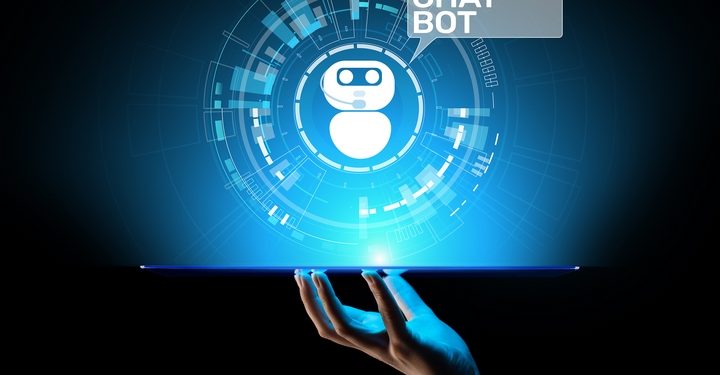
If you love your customers, why keep them waiting? This is just one of the many reasons why chatbots have become so popular in recent years. What is a chatbot? A chatbot is a computer program designed to simulate conversation with human users over the Internet. They are mainly used on websites and social media platforms like Facebook Messenger, for example.
Most chatbots can solve 70% of customer inquiries. But how do you know if a chatbot is right for your type of business and target audience? We’ll explore ten chatbot pros and cons so you can make an educated decision for your business.
1. Speed

As mentioned above, one of the main pros of using a chatbot is the speed in which they respond to customer inquiries. Customers no longer have to wait for a human to become available and then think about the answer to their question.
Chatbots can respond to customers 24 hours a day, 365 days a year, almost instantly. Unlike their human counterparts, chatbots aren’t governed by labour laws and don’t need breaks, lunches, holidays, sick days or evenings and weekends off.
2. Cost-Effectiveness

Which brings us to our next point: chatbots are a cost-effective solution for businesses. Since they don’t need to be given a salary, don’t need to be included under the company’s health insurance plan, don’t take maternity leave, and don’t cost extra to work evenings, they are cheaper to use than humans. Chatbots are a great alternative for businesses who are looking to cut costs.
3. Accuracy
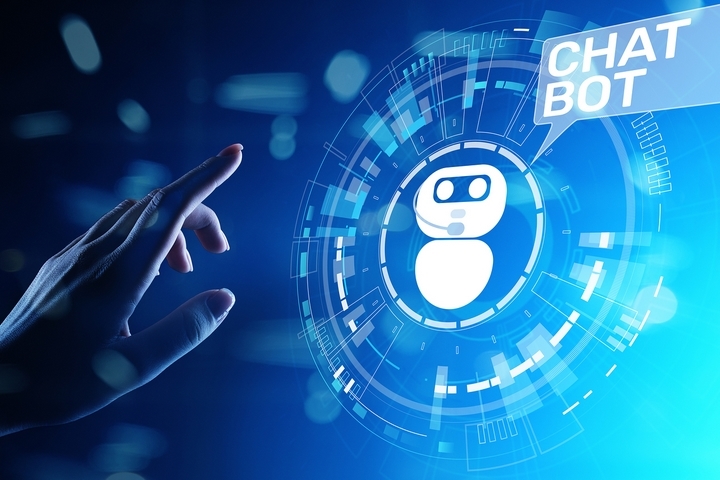
Since responses to common customer questions are programmed into the chatbot, there is little room for error, making them quite accurate. Chatbots are not subject to the same elements that humans are, like stress and fatigue, so they always provide consistent responses.
4. Unlimited Number of Chats
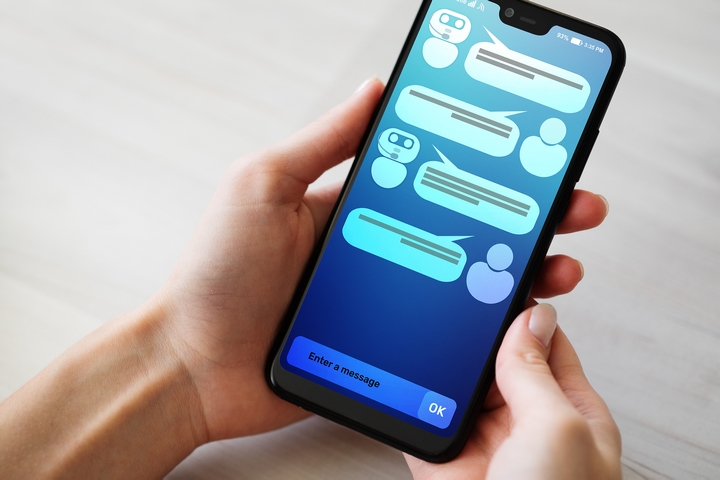
While humans are limited in the number of chats they can run at one time, chatbots can run an unlimited number of chats and can do so effectively. This means everyone is getting attention right away, and accuracy is remaining high. With the fast-paced life we all lead today, prompt responses are so important and go a long way in increasing customer satisfaction.
5. Personalized Experiences

Since bots use machine learning to get to know humans better, they can personalize the information they give. For example, knowing what a customer likes and dislikes allows chatbots to recommend products to each individual customer. So even though you don’t have human customer service agents, they are still making each customer feel special and important.
6. Limited Responses
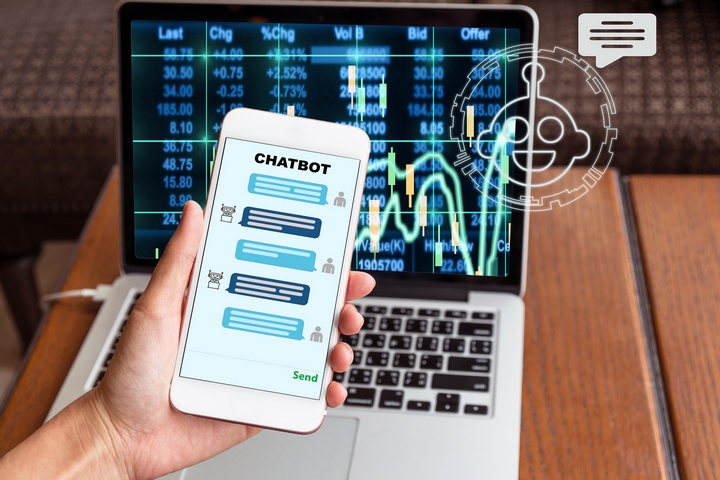
Chatbots are programmed to answer certain questions. When a customer asks them something that they don’t have a pre-programmed response to, the chatbot will come to a dead end. This can easily lead to frustration on the part of the customer. In addition, sarcasm is easily lost on the chatbot. Unlike a human who can interpret sarcasm, the chatbot will just become confused and lead the customer to even more frustration.
7. Lack of Empathy
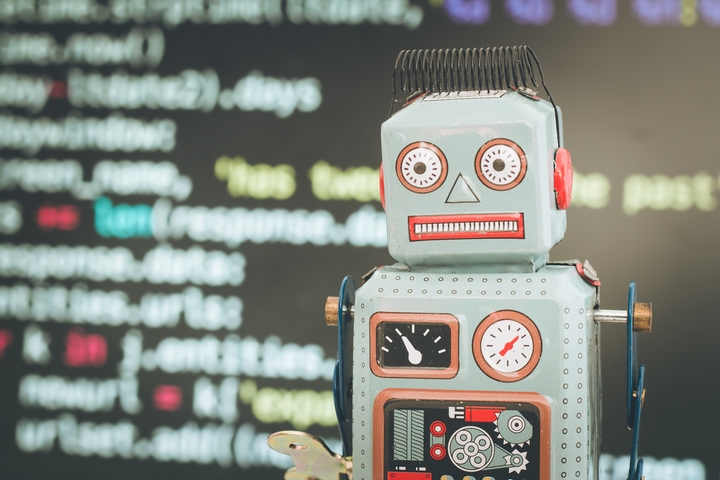
At the end of the day, chatbots are not humans so it’s impossible for them to show empathy to customers who may be unhappy. Since empathy is necessary to understand a customer’s feelings and give the right advice, a chatbot will not be able to relate to them on an emotional level.
8. Price of Complex Chatbots

One of the pros of a chatbot is cost-effectiveness, but if your business is complex, your chatbot will need to be too. Programming answers to many different complex questions would not only be time-consuming, but very costly. This can easily lead to a chatbot that costs thousands of dollars, making them very expensive which is opposite to one of the main benefits. It may turn out for these businesses that it’s in their best interest to stick to human customer service agents.
9. Limited Audience

Chatbots aren’t for everyone. Studies have shown that the main age group that uses chatbots are people aged 13-19 years old. It’s important to know who your target audience is and have some insight on how they perceive chatbots before you begin using one.
10. Spelling Errors
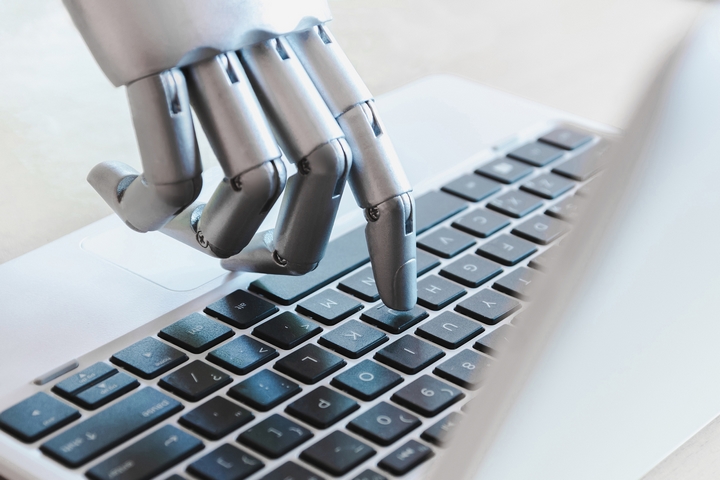
Chatbots are very sensitive to spelling. Where humans can interpret a spelling mistake and know what is meant, a chatbot can easily become confused and not know how to answer the question. This can again lead the customer to feel very frustrated with the chatbot. If they get frustrated enough, or this happens often, you risk losing business from that customer altogether.
Chatbots have many pros and cons to their use in businesses. Determining whether a chatbot is right for your business comes down to many different factors like cost-effectiveness, the complexity of your business, your target audience and more.


